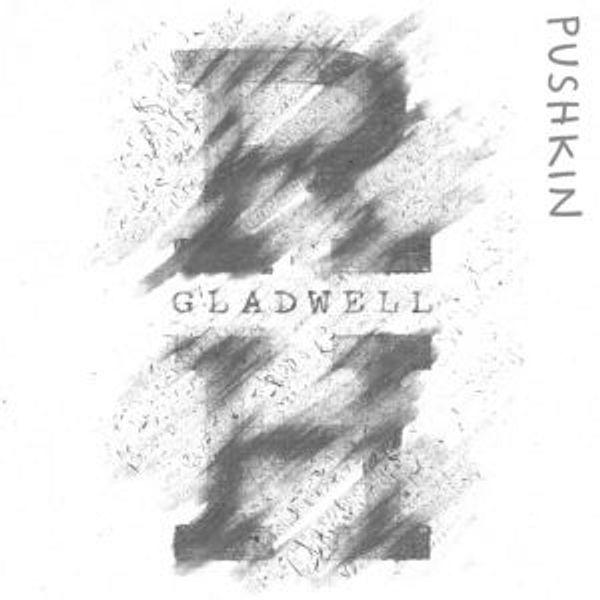I have a treat for everyone today, a guest post from PI thriller writer J.T. Siemens. He has not-your-average inspiration story for his tough, conflicted, bipolar PI heroine, Sloan Donovan. I’ll let him explain, but not without first recommending the just-released second novel in his series, Call of the Void, from NeWest Press. Take it away, J.T.! - Claire Booth
By J.T. Siemens
It all started with a murder at my workplace. That’s where the character of Sloane Donovan was born. A colleague of mine—an extremely tough-minded and athletic woman—happened across the victim’s body when she arrived at work just before dawn one morning. She didn’t witness the murder, but in ensuing days and weeks, seeing the brutal aftermath clearly left her unhinged, and as a result she suffered from PTSD.
The event inspired me to write a short story, told through the eyes of an ex-cop named Sloane, who stumbles across the body of her friend. Sloane became a composite of several exceptionally strong and dynamic women I’d known, and I took a gamble in writing the story in first-person from a female perspective. In truth, Sloane’s voice came to me ready-made, and I understood her from the get-go. The story was well received, but even if it hadn’t been, I knew I had a character residing in me that was simply too powerful and too interesting to be contained in a single short story.
Sloane deserved a novel. Heck, she deserved a series.
Deciding to stick with the first-person narrative throughout, I churned out the first draft of To Those Who Killed Me, largely in secret to avoid any naysayers. Sloane was already in my head, so I knew that third-person wouldn’t cut it. She is a fun character to write because she’s a bit of a wildcard; I often don’t know what she’s going to do from one scene to the next, or how far she might go to get the job done—in this case, uncovering the reason behind her friend’s murder, which is the premise of To Those Who Killed Me.
In between drafts, I became acquainted with a couple of female police officers, both of whom had been involved in significant undercover operations. This helped imbue Sloane’s character with more depth and authenticity. The officers I met, as well as the women I based her character on, all exuded edgy, warrior vibes, and I loved that for the character of Sloane.
In addition to PTSD, Sloane also struggles with a bipolar diagnosis. In early drafts, I avoided labels as much as possible, but it wasn’t until a medical professional had read the manuscript that I was informed that Sloane’s issue sounded a lot like bipolar disorder. This led to a ton of research, but more importantly, I discovered that I already knew some people who lived with the disorder. The anecdotes they graciously bestowed allowed Sloane to become even more fully fleshed out, especially her backstory. It was very important to me to portray mental illness through the most truthful and respectful lens possible. I also used aspects of Sloane’s diagnosis as an asset, such as when she is able to channel that obsessive, high-energy output into solving cases—albeit to the detriment of other aspects of her life.
In To Those Who Killed Me, Sloane is determined to get to the bottom of her friend’s suspicious death, and is nearly killed in the process. In the just-released book two, Call of the Void, Sloane is now a fully-fledged P.I., who, with the help of her partner, Wayne Capson, takes on the case of Emily Pike, a young woman who has been missing for seven years. The sequel takes place six months following the events of the first book, leaving Sloane still nursing wounds inflicted during the earlier case. The missing persons case triggers Sloane’s obsessive nature to new heights, leading her and Wayne to find clues linking Emily to a series of disappearances of women over the past forty years.
The idea for Call of the Void came when I saw a missing person poster of a young woman hanging from a telephone pole. It was in Vancouver’s notorious Downtown Eastside, a place where an inordinate number of marginalized women go missing each year. When I looked the woman up, I came across the Missing Children Society of Canada, and I was staggered by the sheer volume of missing kids and teens who have disappeared over the decades. Few want to spend any time considering what may have happened to them, or the devastating effects their disappearances have on their families. Thinking about this affected me on a deep, visceral level, and I thought, this would get to Sloane, too. If there’s anyone who would stop at nothing to track down a missing teen, it would be her.
And off we went.
J.T. Siemens grew up in Vernon, BC, and moved to Vancouver to pursue a career as a personal trainer. A longstanding love of books and movies led him to study screenwriting and creative writing, and his short stories have been published in Mystery Weekly, Down in the Dirt, CC&D, and Vancouver Magazine. A murder outside his workplace inspired the novel To Those Who Killed Me, which was nominated for the Arthur Ellis Unhanged Award, and published by NeWest Press in April 2022. The novel introduces Sloane Donovan and is the first in a series about a bipolar ex-cop turned PI. J.T. lives in Vancouver’s West End with his wife and two cats.
Buy Call of the Void at Bookshop dot org, on Amazon, or through Canada's NeWest Press.







